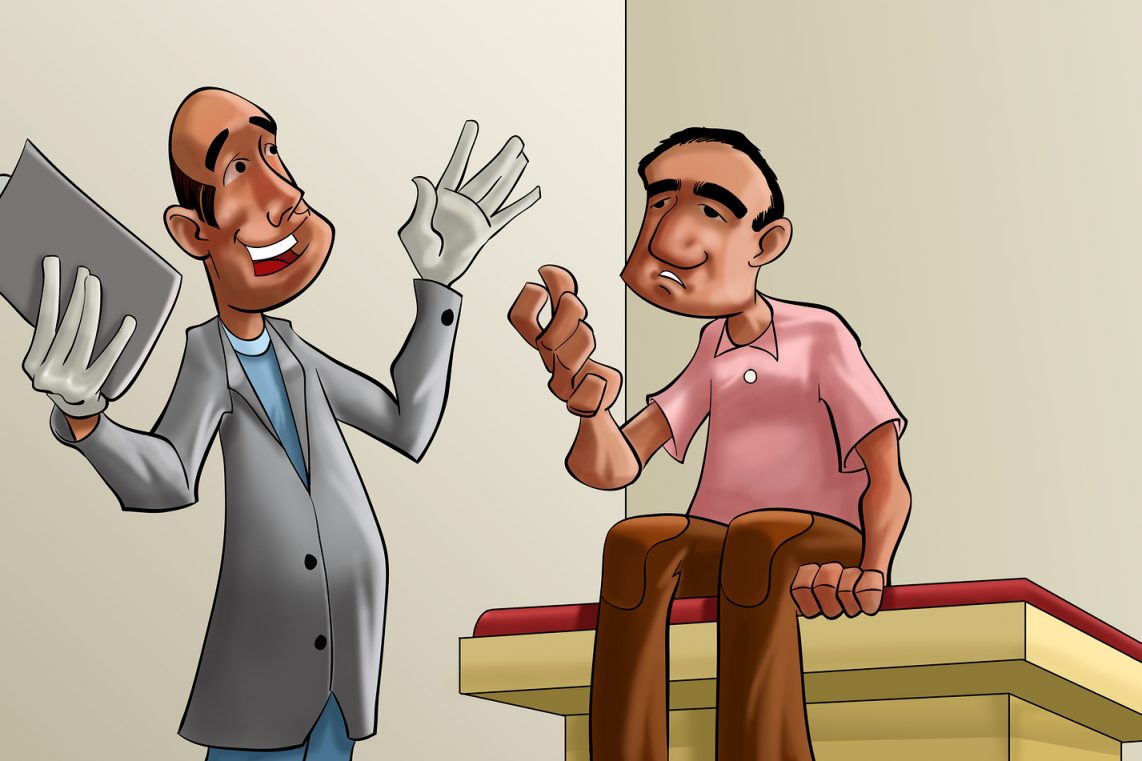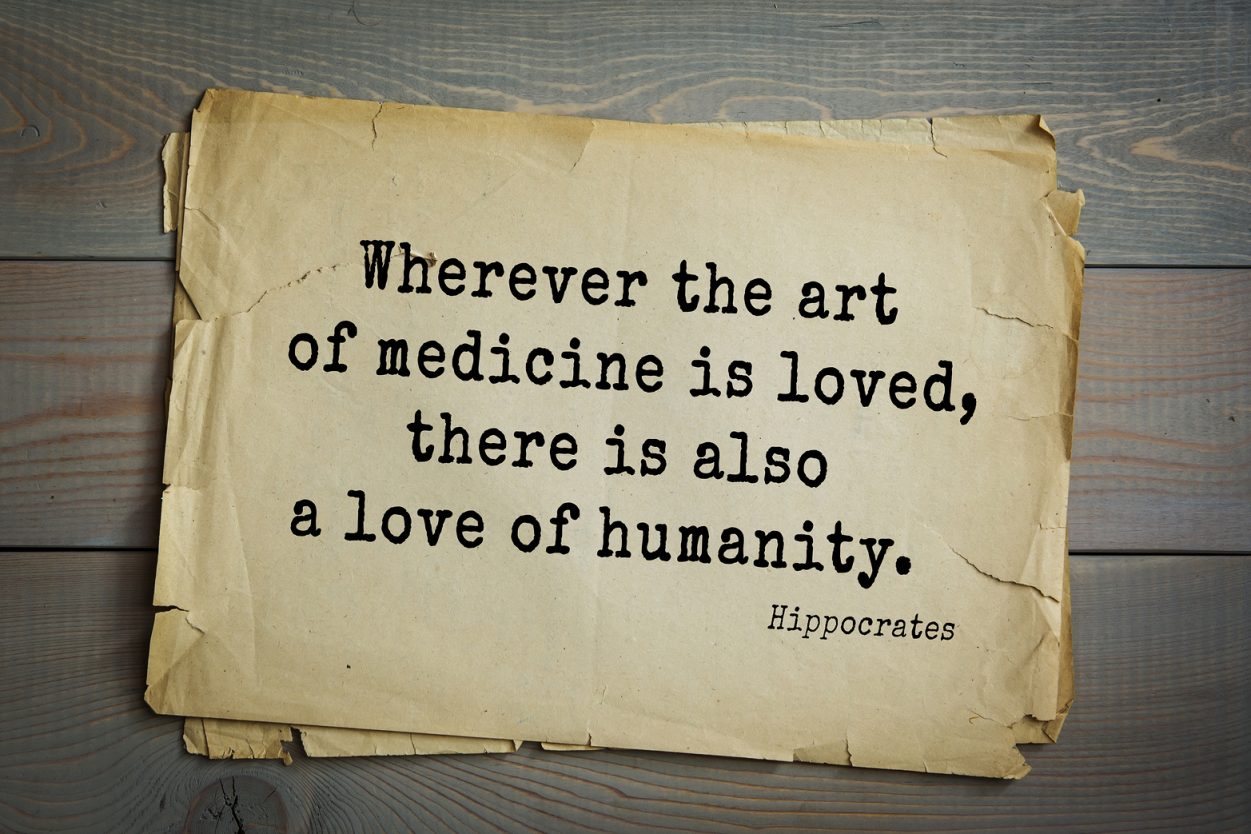He had yellow nails, leather neck, stained teeth and a deep cough. He wheezed slightly, breathed too quickly and occasionally sprinkled the white handkerchief red. No surprise his ticket to my office was a lung mass to match. We talked about tests, treatment and prognosis. About the future, probably short. Devastated, he was not surprised. He was reaping the reward of 30 smoking years. He sadly admitted, “I knew better, but I was bad.”
Bad? Guilty? At fault? He had committed himself to a short life ending in misery. Of course, he had been “bad.” Someone had to be at fault for this sick 54-year-old man! He had walked a short road to the grave. He was an adult, after all. An independent soul. He had been weak, frail and bad. Now he would reap a horrid harvest.
This is a TV defense lawyer’s trick. “She was wearing a short skirt.” “The door was wide open.” “There was no fire alarm.” “He asked for it.” Forget personal responsibility. Lead humans like swine. Blame the victim.
Does this make sense? Are smokers ”bad” because of the habit and the damage they do to their bodies? Is there really “fault” in the tobacco tragedy? I would propose that when it comes to smoking there is indeed bad. There is evil. There is murder, mayhem, and terror. However, to convict smokers of personal homicide makes no more sense than to blame the house for the arsonist.
Smoking cigarettes is not like other “bad habits.” It is not the same as sunburn in mid-day July, driving 90 mph on a mountain road or scaling an electric fence. In these activities, there is choice. No one is forcing stupid behavior upon us. We voluntarily, of free will, elect to test mortality. For most “bad” behaviors, the attacker and attackee are one. Not so tobacco. Smoking cigarettes is entirely different. It is a behavior beyond free will. It is addictive.
Nicotine is one of the most addictive chemicals known to man. Milligram for milligram, dose for dose it is more addictive than cocaine or heroin. More then 90% of people exposed a single time cannot stop. This addiction means that a biological change occurs in the victim’s brain. A chemical tattoo to the cortex. This short-circuits free will. It becomes chemically almost as important to a smoker as food, warmth or even breathing.
It makes no sense to blame the smoker for the behavior or the health consequences, which follow. They are hooked junkie cigarette zombies. Without massive efforts to quit or medical care, they will continue to smoke until they die 10 years too soon. However, we are left with a quandary. With millions of people world wide suffering and dying in a horror show that rivals the killing fields of both World Wars, someone must be to blame!
I say convict the pushers. The suppliers of seed, the tillers of fields, the manufacturers, the packagers, the shippers, the marketers, and the sellers. Any politician, who protects the murderous monopoly. Any banker who payrolls mass slaughter. This system of production, which uses an addictive product to reap dollars from death, is criminal. Can we convict the 16-year-old high school student, as she is chemically mutated into 40-year cash machine? How about the 34-year-old father, already stressed trying to support his family? Perhaps accuse the gasping emphysema patient who still cannot quit. The tobacco industry makes “bad” seem gentle. They are monsters that commit murder with the immorality of the worst fascists in all history.
Tobacco users are victims and to blame them is to create false pariahs. They need support, help and care. They need to do everything possible to quit. However, accusing smokers makes treating their addiction hard and their unneeded guilt delays therapy. It also distracts us from the overwhelming need to destroy the drug dealers who sell nicotine products. For them there should be no quarter, no mercy, and no consideration. For them there should be nothing but blame.







21 Comments